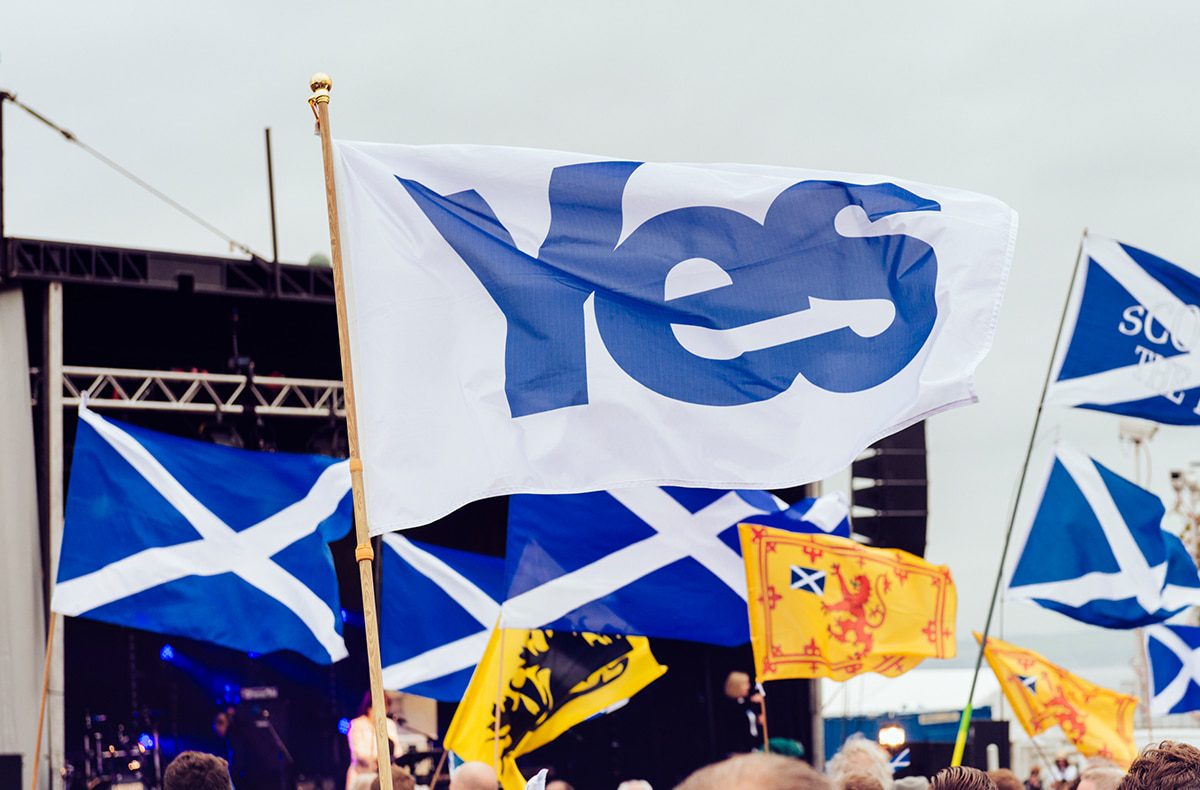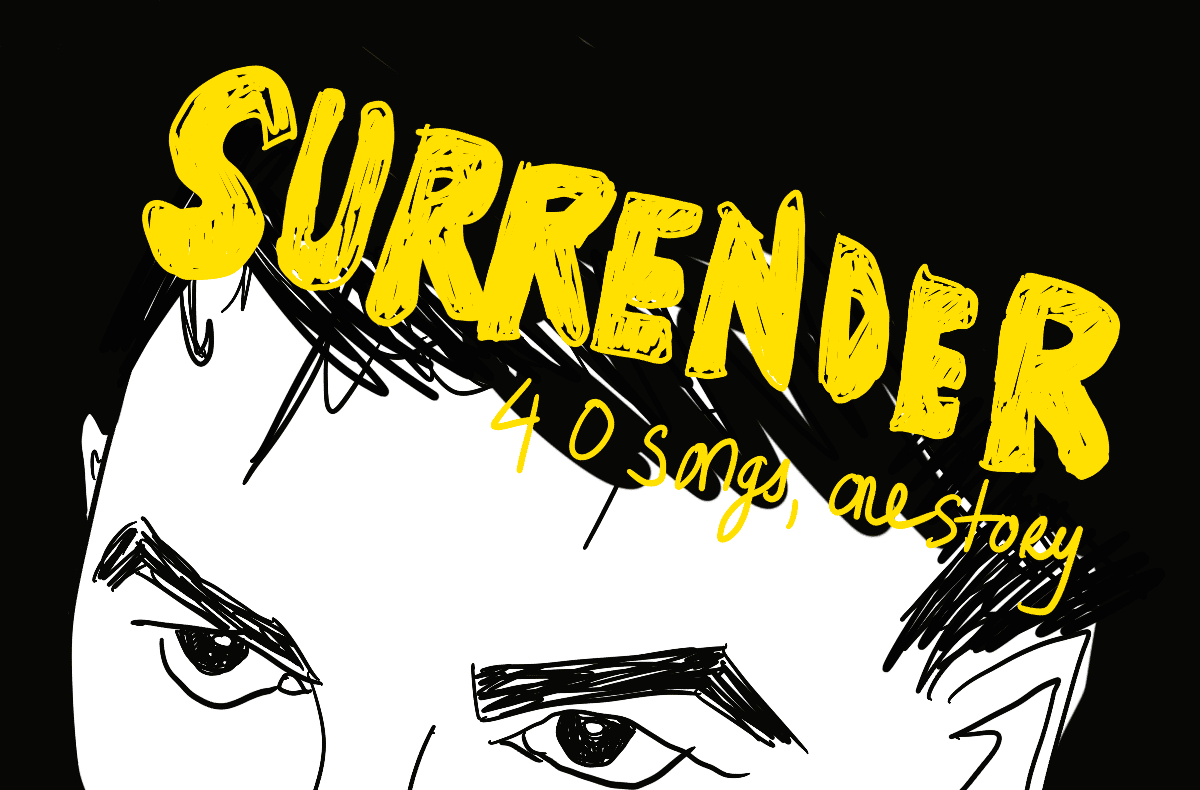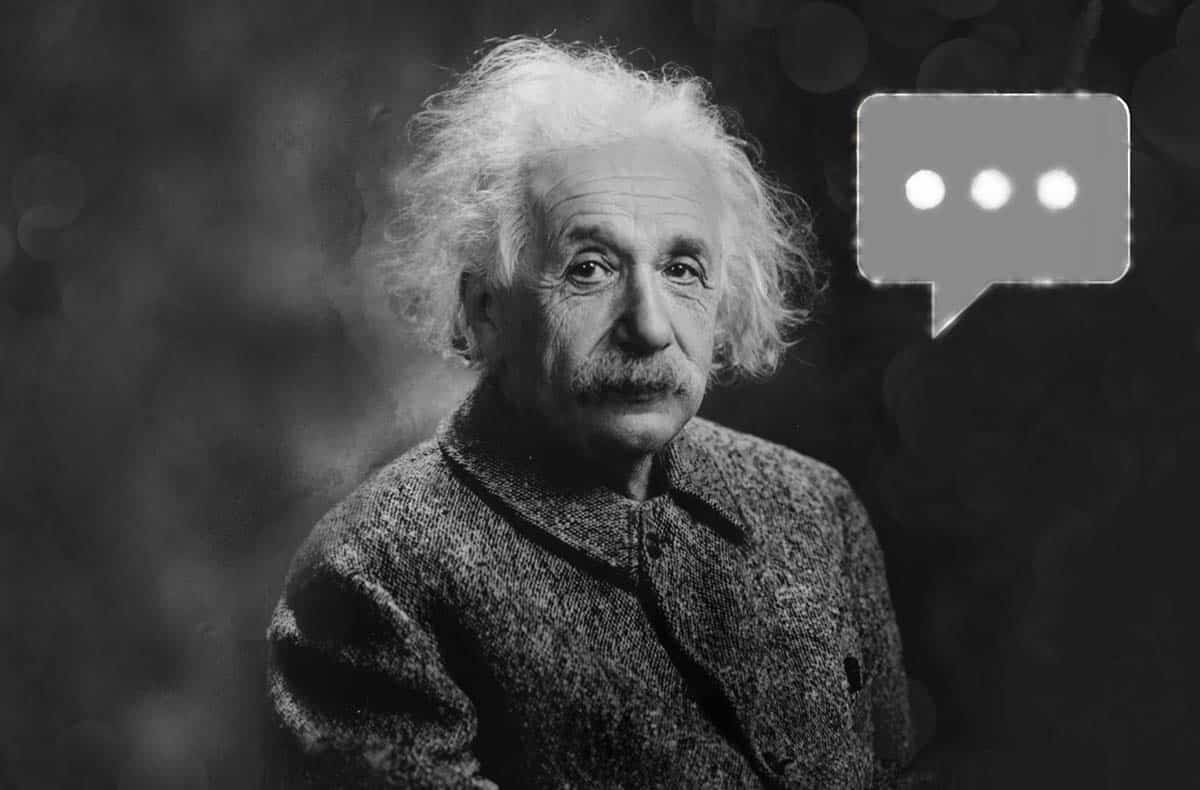
Uh-oh. I’m back on UK national television again, making the case for Scottish independence. This might not be the best news.
Earlier in June, seizing their chance as Boris’s Brexitannia lumbers around and scandalises the world, the two parties of government in Edinburgh launched their campaign to establish a Scottish nation-state. And just the other day, they announced their preferred date for the new Scottish independence referendum — October 19th, 2023. I am, to put it mildly, a long-standing supporter of the cause.
But I was still surprised to get Georgina the Researcher’s call, pinging at the wrong side of 7.30 am, to come on and speak to The Jeremy Vine Show. (Think The Morning Show, sporting a monocle). No Scottish National Party MPs available or willing! So I buttoned up my nice tv-shirt, cranked up the Zoom, and reluctantly did the deed.
Why reluctantly? Because the last Scottish independence referendum in 2014, in which I was a leading campaigner, broke me in two, tossing my guts into the blooming heather. And that’s because my side lost (by 10%). I damn near lost myself, too.
A year later, I was into my seventh or eighth shuddering roadside trauma, triggered by some memory of the campaign. I realised I had seriously over-invested in the twinned identities of my country and myself.
There’s a beautiful concept that the anthropologist Benedict Anderson invented to explain the function of nationalism: an “imagined community.” The nation is imagined because the members of even the smallest nation will never know most of their fellow-members, meet them, or even hear of them,” writes Anderson. “Yet in the minds of each lives the image of their communion.”
That’s a startling, even intoxicating notion. It was especially for this young man, living on the periphery of British power, one who sought a powerful counterweight to the predominance of London, and found it in the stories, songs, films, dramas, and histories that provide a Scottish “image of communion.”
Do you know that you’re constructing this identity, as much as receiving it? You’d be a fool if you didn’t. I built a music and writing career which took up “the Scottish question” as one of its themes, from the 80s to the 10s. I found that the more confident I was about these constructions, in text and on screen, the happier my compatriots would be. Such feedback wouldn’t just confirm the success of the cause; it would equally confirm me.
I remember the final days of the 2014 referendum campaign seemed like a giddy rush into the future. “Regardless of the actual inequality and exploitation that may prevail in each,” writes Anderson, “the nation is always conceived as a deep, horizontal comradeship.” You imagined you felt that comradeship in every town hall meeting, in every husting, pressed shoulder to shoulder on partisan marches.
And then? It was stunned politicos bumping into tables in television green rooms, in the early morning of September 19th. The bellwether districts had already decisively gone “No” (or even “Naw”). The “image of communion?” A hearty slap across the face. The minicab driver on the way home told me, shamefully: “When it came to it, I was just ‘no’ brave enough, Pat.”
At some point, up went my psychic shield, to let open wounds heal. And behind that shield, I have observed, with increasing dispassion, a procession of plebiscites over the last eight years. UK and Scottish general elections opened up a yawning ideological gap between the two administrations. The Brexit vote was a kind of poisoned, mean-spirited echo of the Scottish Indy vote (with Scots voting by 62% to stay in the EU).
The planet increasingly burns, and sends out its tiny agents, testing the resilience of humanity. Wars trample over borders, North and South. Floods of humanity head upwards, baked out of their own territories. AIs show glimmers of sentience, marking the next stage of evolution beyond humans. There’s enough going around to keep my shield raised.
So why would I lower it again, for another independence campaign? The research paper which launched it makes a striking point clearly and well. Taking ten European countries comparable to Scotland in size and resources, their performance on many indicators — wealth, inequality, life expectancy, social mobility, gender gap, R&D—are considerably better than the UK.
This at least shows that policies under a Scottish state could perform way better that Prime Minister Johnson’s. But it’s the prospect of independence as a tool to handle the biggest challenges — climate catastrophe, human-replacing automation, massive migration flows, social polarisation — that encourages me, tentatively, back into the fray.
However this time, I’m going in curious and friendly, not super-passionate and steely. “You looked nonchalant, inviting, relaxed on TV,” said a friend. Well, that’s what happens when the fate of your nation becomes unplugged from the fate of your soul. Call me Wryheart, not Braveheart.
Scottish independence will be good to have — but it’s not do-or-die. For this Zoom warrior, in any case.



